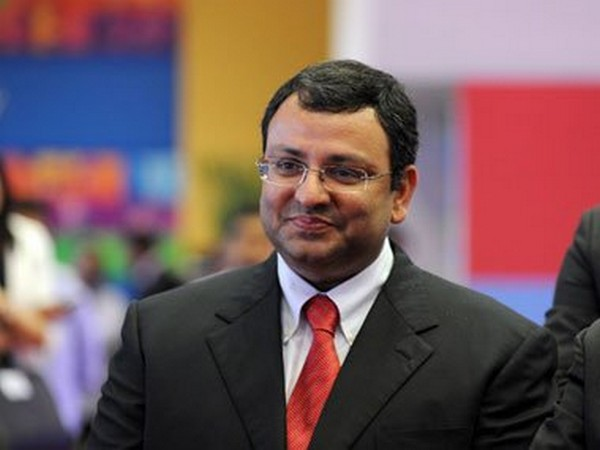
Cyrus Mistry will be remembered for fighting the Tatas tooth and nail
The billionaire businessman has several achievements to his credit; in public memory, though, these are overshadowed by his fight until finish against the old guard at Tata Sons

Cyrus Mistry, 54, the billionaire businessman and former Tata Sons chairman who died in a road accident near Mumbai on Sunday afternoon, was known among his relatives, friends, and associates as a mild-mannered, reserved individual.
Also read: Cyrus Mistry, former Tata Sons head, dies in car crash near Mumbai
When he took on the might of the Tata empire after being ousted as chairman of Tata Sons on October 24, 2016, none of these characteristics was apparent, as he appeared to have transformed into a pugnacious fighter overnight.
The fight shook the Tata empire, worth $311 billion (Rs 137,848 crore) in market capitalisation, to its core, and its future looked bleak until a series of court orders against Mistry led to Ratan Tata, the former chairman of Tata Sons, regaining control of the group.
The Tata Group comprises 29 publicly traded companies, including TCS and Tata Motors, and employs over 6 lakh people. Its total revenue is estimated at $128 billion.
Mistry rose to prominence after Ratan Tata, whose half-brother Noel Tata is married to one of his sisters, decided to hand over the baton to him because “he did not want to die in the saddle.” Mistry was a natural heir to the throne because the Mistry family is Tata Sons’ single largest shareholder, owning 18.4 per cent of the company through its group, the Shapoorji Pallonji Group.
Conflict of interest concerns
Mistry succeeded Ratan Tata as chairman of Tata Sons on March 16, 2012, but their relationship soured a year later. Tata is said to have raised an issue that had bothered him for quite some time in his letter to Mistry in 2013. He wrote to him, expressing his concerns about Tata companies giving business to the Mistry family business, in which Cyrus had a 50 per cent beneficial ownership. As a result, there was an apparent conflict of interest.
Other issues that did not sit well with the Tata family came to light. For example, there was an instance of a plan to raise capital for Tata Motors that required board approval but was never sought. Concerns were also expressed about the Tata Group’s future and how it might be dismantled and divided into independent entities.
These incidents sparked heated debate among Tata’s confidantes. Finally, it was decided that if Tata Sons had to stay in its current position, it was in the best interests of the stakeholders to let Mistry go. A board nominee was sent to Mistry’s office to inform him that he would be removed as chairman during the board meeting that day.
Also read: As Tatas launch their super-app, a look at India Inc’s next battleground
On the other hand, Mistry decided that he would rather fight than be removed. Two of the nine board members remained absent at the board meeting on October 24, 2016, while the rest voted in favour of the resolution to remove Mistry.
Legal wrangle
The case was heard at the National Company Law Tribunal (NCLT), which upheld Mistry’s removal, and then at the National Company Law Appellate Tribunal (NCLAT), which overturned the NCLT’s decision. Finally, Mistry’s luck ran out on March 26, 2021, when the Supreme Court ruled in favour of the NCLT’s decision.
The Tata Group recently made a series of changes to Section 118 of Tata Sons’ Articles of Association, which the shareholders approved. These incorporated clauses prevent a single person from becoming chairman of Tata Sons and Tata Trust, effectively putting an end to any future controversies.
Key achievements
Mistry is said to have resurrected Tata Motors during his tenure as Chairman of Tata Sons, significantly increasing shareholder wealth. He also attempted to speed up decision-making in several companies but had little time to implement several initiatives due to constant conflict with the old guard.
He will be remembered for what he couldn’t do as chairman of Tata Sons and even more for his valiant fight to reclaim control of the Tata Group, which he ultimately lost.

